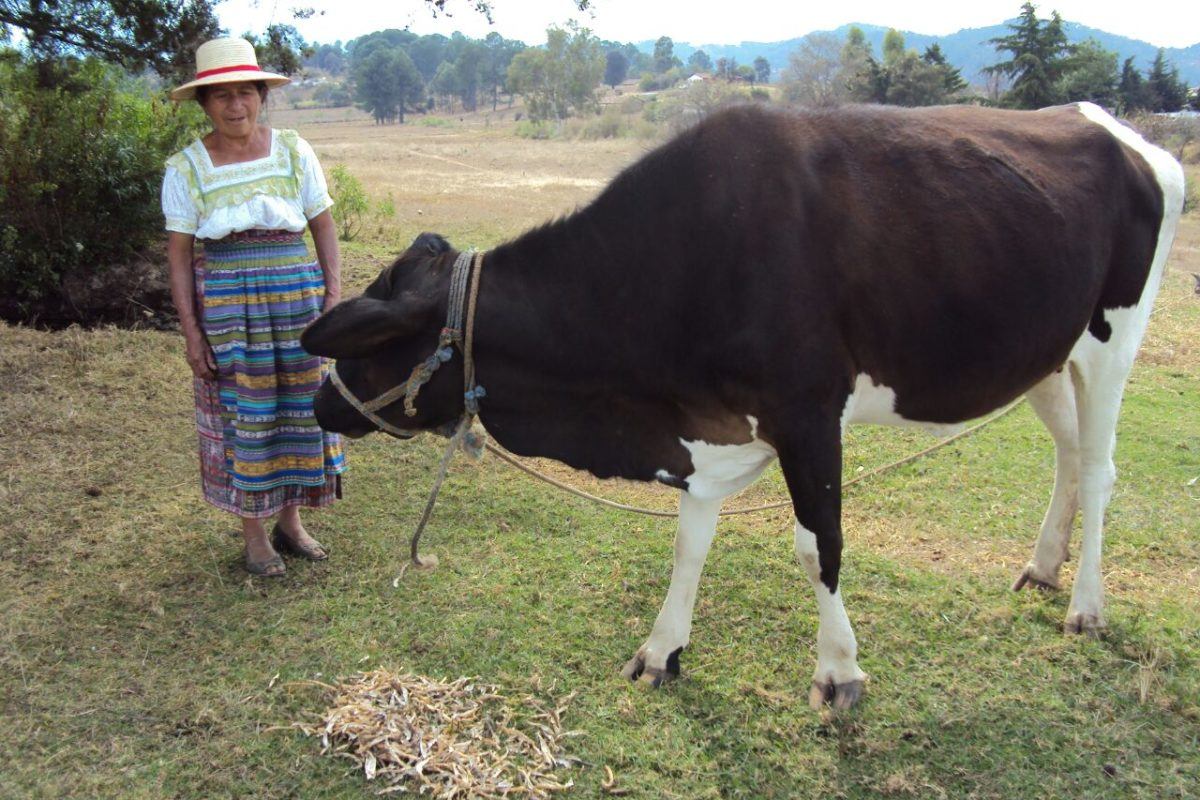
by Anna Zaros, Development Liaison

In college, I interned for one summer at the US Conference of Catholic Bishops. While I worked in the International Justice and Peace office, my desk was located right next to the Care for Creation office. The two offices’ materials mingled together on the bookshelves, and I quickly came to learn that Care for Creation was a principle of Catholic Social Teaching, equally important as human dignity and option for the poor. I grew to understand that caring for creation is both a way for us to honor the gifts our Creator has bestowed upon us, as well as a moral imperative in an age where we systematically harm and destroy those same gifts.
My understanding of Care for Creation deepened, however, in my next year of studies. In that year I took a class where I encountered the concept of “ecofeminism.” Ecofeminism lays before us the connections between ecology and feminism. Ecofeminism argues that centuries held patriarchal views of domination – of man over nature and of man over women are interconnected. How we treat women is an indication of how we treat nature, and vice versa.
This interconnectedness is clearly apparent in the ways women have historically been associated, in a negative light, with things of this Earth, with tidal changes, and the act of giving birth (while men, viewed supreme, were associated with otherworldly pursuits and ideals). In other words, as Veronica Rossato states in “Una Vision Ecofeminista del Manejo de los Recursos Naturales,” “The domination and exploitation of nature and of women by Western industrial civilization are mutually reinforcing because women are considered similar to nature.” Rosemary Radford Ruether, a Mary’s Pence founding board member, furthered this argument, stating that not only is ecofeminism about a mystical connection between ecology and feminism, but it also calls us to action – to care for creation and fight for women’s rights (see, for example, Ecofeminism and Globalization).
The idea of ecofeminism cracked my world open. This was a marriage of the Catholic Social Teaching principle of care for creation, with my beliefs as a feminist. As a woman, I believe it is a positive, not a negative, that my identity links me to the things of this world. I feel both strongly connected to the natural ebb and flow of the Earth’s daily rhythms, as well as the ebb and flow of human life – the joys and sufferings of those around me. I find great peace in nature, and wish to preserve it for future generations. And I know this also means I need to ensure women can use their voice in public and communal spheres to fight for issues such as environmental protection.
Domination in any form is unacceptable – care, compassion and equality are the values I want to guide my interactions with both our human and non-human world. Again as Rossato states, “The life of the earth is an interconnected web, and no privileged hierarchy of the human over nature, justifying domination exists….Ecofeminism promotes a global movement founded on common interests and respect for diversity, in opposition to all forms of domination and violence.”
While Mary’s Pence doesn’t have an explicit focus on environmental issues, this interconnectedness is present in much of our work. There is an implicit sense of care for creation, because we are working for the improvement of women’s lives. These two efforts are inseparable. For example, many of the women of our ESPERA program have told us that they value caring for the environment as part of their business plan. In El Salvador, one local business cooperative creates natural body and hair care products. In Mexico, women are working on sustainable agriculture and reducing the use of water.
Earth Day is April 22 and I’ll be remembering on this day, the women of my theology books, and the women of ESPERA, who teach and remind me that my well-being as a woman is interlinked with the well-being of the world. Join me in celebrating an end to unjust domination and a flourishing of equality and care for all!
